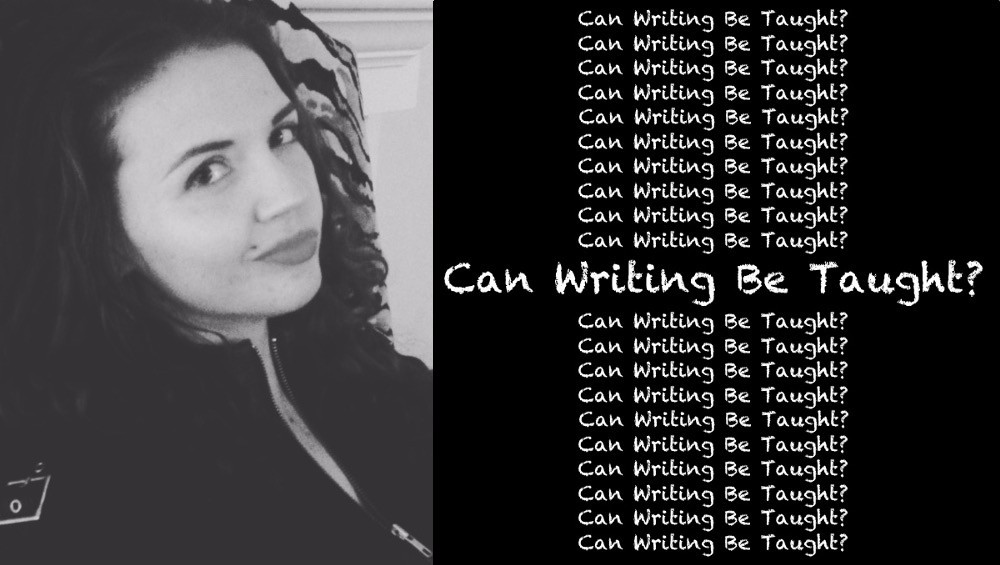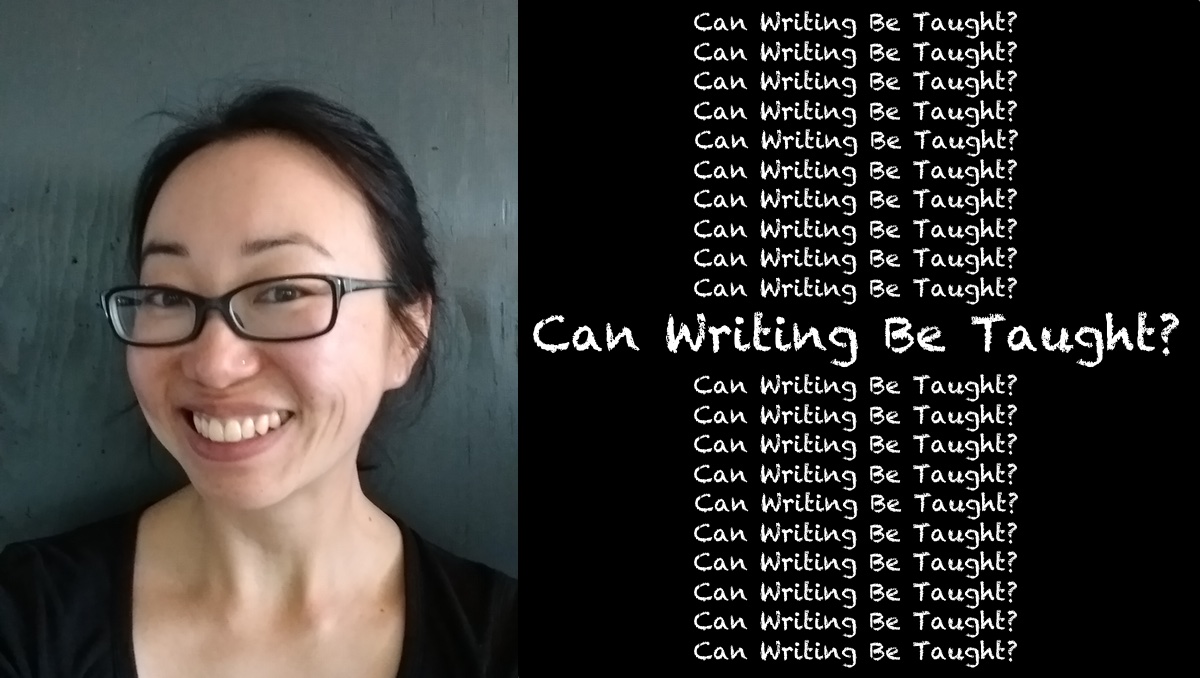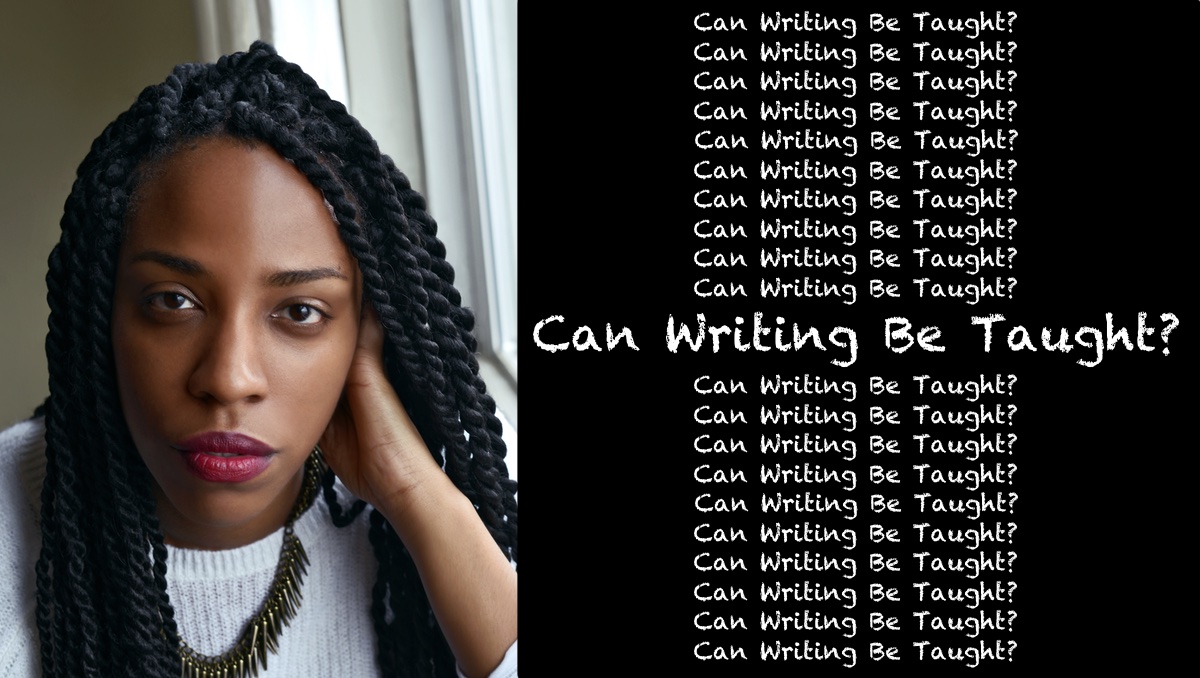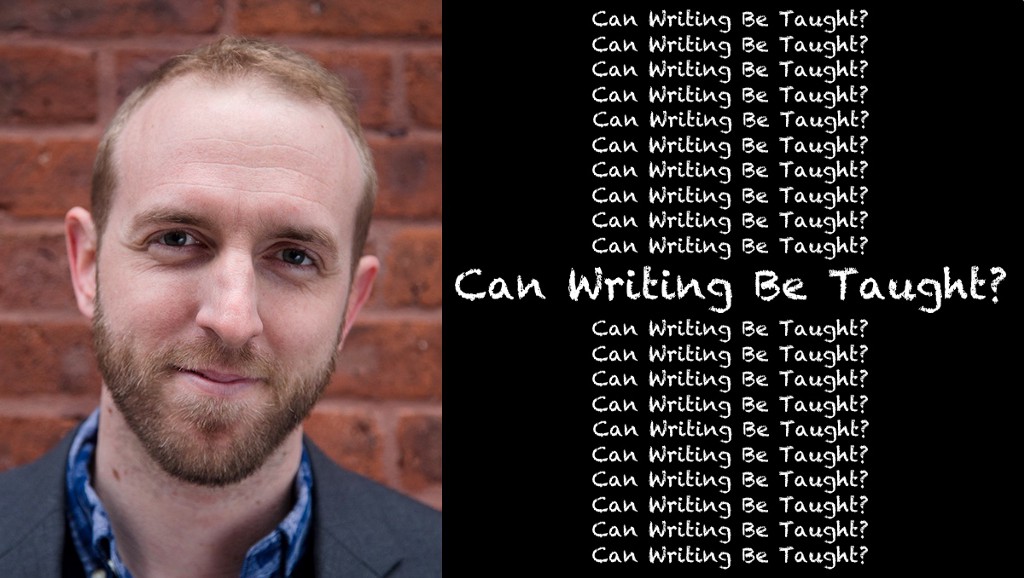Interviews
Kayla Rae Whitaker Thinks You Should Turn Off Your Phone to Write
Ten questions about teaching writing with the author of “The Animators”

I n our monthly series Can Writing Be Taught? we partner with Catapult to ask their course instructors all our burning questions about the process of teaching writing. This month we’re talking to Kayla Rae Whitaker, author of the prizewinning novel The Animators, who’s teaching an upcoming fiction workshop that focuses on the importance of tension. Students of all levels can take the class to work on creating, sustaining, and perfecting tension in their own writing.

What’s the best thing you’ve ever gotten out of a writing class or workshop as a student?
This advice: be patient with your work. It takes a long time to write a novel. Writing, editing, editing again — this is the process, and it requires time. It was the best advice I’ve ever gotten, and it’s been the hardest advice to process and to accept. I’ve found it is best executed with faith in the idea that you are your own shrewdest narrative expert. Accompanying advice I received: make this sense of faith in your own work active. Take small, daily steps toward your goal. Acts of faith can range from gestures as small as filing ongoing projects into binders, to as large as taking a class, or joining a workshop. Folding that sense of faith into your actual practice better prepares you for playing what can be a very long game.
What’s the worst thing you’ve ever gotten out of a writing class or workshop as a student?
This did not occur in a workshop, but when I was 20 or so, I was in consultation with an older writer, and I was trying my best to get him to take my writing seriously. I told him how hard I worked — how much I read, wrote. How badly I wanted my writing to be good, and how I was willing to work, to get there. His response was to chuckle, say, “It takes more than that,” and turn his face away from me, effectively ending the conversation.
It took me years to realize how wrong this guy had been, and it galvanized me to take the compassion of teaching seriously. If you teach writing, your job is to teach writers to become better. I am here to meet you where you are. Your job is not to adjudicate who has “inherent talent,” and who does not. Doing so is a waste of time. Craft, process, and commitment to vision are at the center of our classroom concerns. And if you tell a student, “It takes more than that,” then you damn well better have an answer at the ready as to what “that” is.
If you teach writing, your job is to teach writers to become better. I am here to meet you where you are.
What is the lesson or piece of writing advice you return to most as an instructor?
Constancy. It sounds simplistic, but it’s the key to everything. Sitting down to write every day is a sort of conditioning. There’s a certain private space you are required to access before you can make creative work, and distraction makes this space elusive. Make an effort to slip into this space, as regularly as you brush your teeth, or exercise. Habit is the best way by which to become truly limber, creatively.
Get to know that productive space, for yourself. Know your sweet spots, and what makes your brain and gut churn. Pursue that space relentlessly. Try to make it a place you love. That’s the only element that will drag you back to your desk when things become difficult.
Also — increasingly — shut your phone off, when you write. Don’t just silence it. Turn it off.
Does everyone “have a novel in them”?
I’m inclined to say yes — people are such weird, wonderfully secretive creatures — but those with the patience to actually write those novels are few.
Would you ever encourage a student to give up writing? Under what circumstances?
Just one — if the writing itself was making the student so miserable, the rest of their life was untenable. Only then would I advise shelving their practice (and perhaps temporarily).
What’s more valuable in a workshop, praise or criticism?
An honest combination of both. Many beginning writers have no idea where their strengths or weaknesses are located, and that’s where the work of that lovely community, the workshop, comes into play. Under the group’s advisement, you begin to know your work at a distance, its bright spots, its frailties. You can begin to see what your work can be, with revision, and that realization gives criticism valuable heft. It becomes something you can use, something you are grateful for knowing, as opposed to something that just stings.
Should students write with publication in mind? Why or why not?
In some part, in that writing, and reading, are communicative acts. Good writing is, chiefly, an artfully arranged, and wonderfully deep, conversation between reader and writer. Holding that potential conversation in mind while writing is paramount.
However, thoughts of selling what you make, or worries of how what you make might stack up to the work of others, or anxieties over whether it will be reviewed well, should be held at as much of a remove as possible. Those anxieties just gum up the works. Craft comes first.
Good writing is, chiefly, an artfully arranged, and wonderfully deep, conversation between reader and writer.
In one or two sentences, what’s your opinion of these writing maxims?
- Kill your darlings — Let’s find another way of saying this. I push a similar mantra, but phrased as: practice being your own best editor. Take steps to ensure that you will not be gentle.
- Show don’t tell — All of these rules are fine, until that great, nose-thumbing story that just decimates that rule thunders to the fore. A more inclusive rule might be to balance your information — test out what can be offered in scene, in dialogue, and what is best delivered as a shot of well-executed exposition (and yes, such a thing exists).
- Write what you know — This maxim can so easily become a chokehold. Don’t ever bar yourself from writing the unknown. Accordingly: do your research.
- Character is plot — A character should always absorb their world, and respond to what their world throws at them, as themselves. But I love a narrative that keeps in mind how horribly malleable characters can be, when the world flings out its monkey wrenches.
What’s the best hobby for writers?
Something that has absolutely nothing to do with writing, and preferably something physical. This is why so many writers gravitate toward running, which is a personal passion of mine — it’s nice to simply be in the body, after spending so many hours of the day in that purely mental space.
What’s the best workshop snack?
Something dry and without smell or sound. Candy works well — it’s portable, and shareable, and it makes minimal noise. Just don’t bring in a ribeye.








